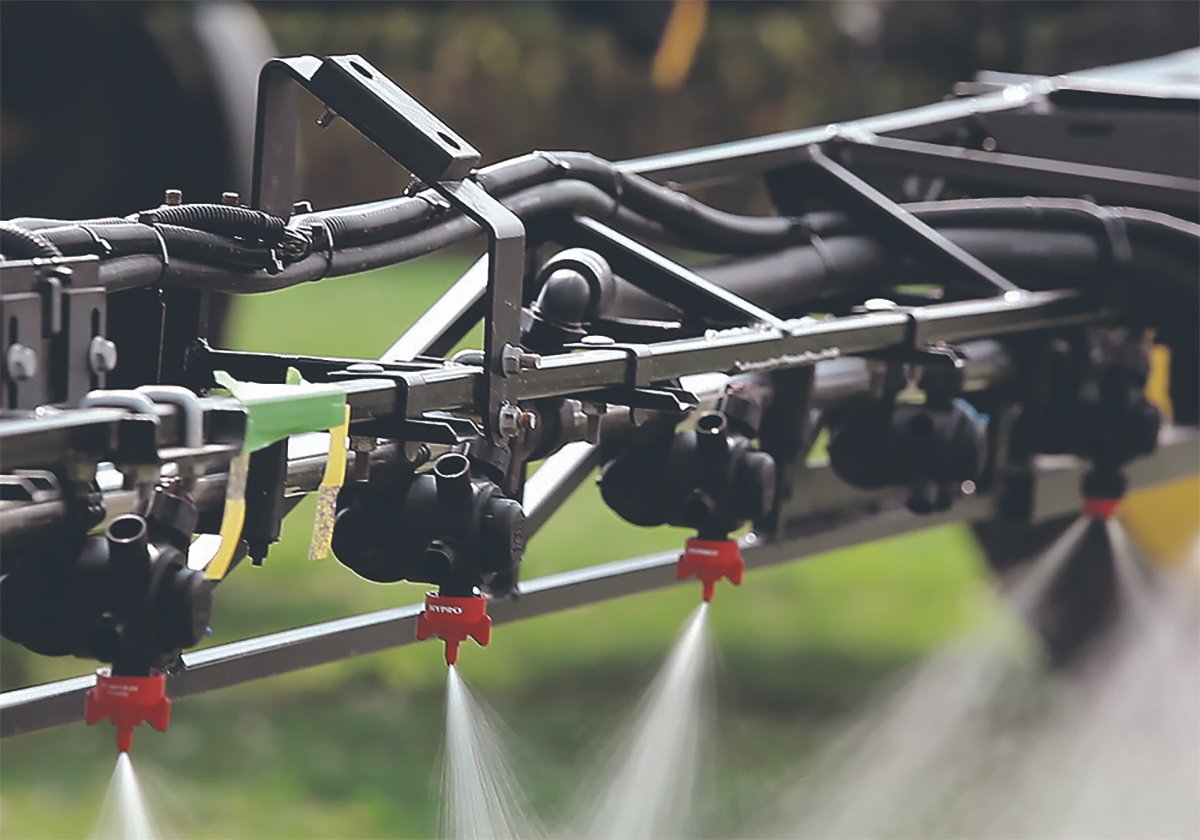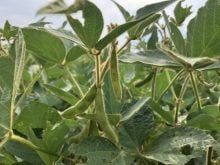WINNIPEG – It should take two to four years to review the safety of a pesticide. But Health Canada and the Pest Management Regulatory Agency will take nine to 10 years to evaluate the safety of glufosinate — a herbicide that is already on the market.
Health Canada, in an email, said PMRA employees are coping with a large number of safety evaluations, thus delaying its decision on glufosinate.
Related stories in this issue:
- Regulatory model “broken” in Canada – says BASF
- Canadian farmers need level playing field for regulations – says Minister MacDonald
“The target timeframes for post-market reviews typically vary between two to four years … depending on the complexity of the re-evaluation, availability of data, stakeholder engagement and other factors,” Health Canada said.
Read Also

Final crop reports show strong yields, quality
Crops yielded above average across the Prairies this year, and quality is generally average to above-average.
“However, like many other regulators (in other countries), PMRA is facing a backlog of post-market reviews.”
Agency experts began looking at the health and environmental safety of glufosinate-ammonium in 2018. It expects to complete the evaluation in 2027.
Liberty, which has glufosinate-ammonium as its active ingredient, is a popular herbicide on Canadian farms. It’s used to control weeds on fields seeded with BASF InVigor canola, hybrids that have tolerance to glufosinate. It’s also sprayed on weeds in other crops in Canada, the United States, South America and dozens of other countries.
The herbicide is not used in Europe, where the registration of glufosinate expired in 2018 and was not renewed. The European Union classified the herbicide as presumed toxic for human reproductivity.
BASF rejects that assessment, with its website saying it was based on lab studies where rats were exposed to “doses impossible under realistic and responsible conditions of use.”
“Glufosinate-ammonium has been used safely for 30 years… and to-date, there are no known cases of harm to humans when applied according to labelled instructions.”
The PMRA launched its special review of glufosinate after France “prohibited all uses due to health reasons,” Health Canada said.
Meanwhile, the PMRA started a re-evaluation of glufosinate in 2019. Re-evaluations of pesticides happen every 15 years, which is required under the Pest Control Products Act.
The PMRA merged those efforts into one evaluation.
“There is substantial amount of information to analyze as part of these reviews,” Health Canada said.
“Products containing glufosinate ammonium can continue to be used according to the current label directions during these evaluations.”
However, the PMRA will not permit new uses of glufosinate, until the evaluation is complete.
As part of a plan to speed up reviews and decisions, the PMRA wants to focus its attention on pesticides that require more oversight.
“PMRA will continue to explore opportunities to streamline its processes and optimize resource allocation,” Health Canada said. “Thereby supporting industry competitiveness and reinforcing the PMRA’s ability to deliver on its core mandate over the long term.”
















